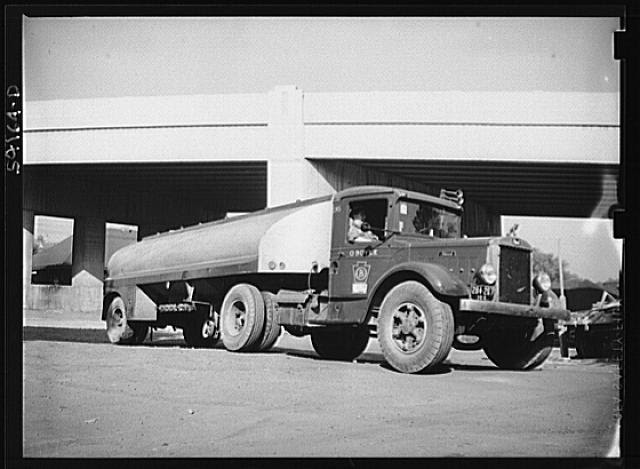In the past, I haven't tended to post fort entries here, but for net related technical reasons, I'm going to, even though these arguably belong on one of my other blogs. I'll probably cross link this thread in.
These are photographs of Ft. Fred Steele, a location that I've sometimes thought is the bleakest historical site in Wyoming.
One of the few remaining structures at Ft. Steele, the powder magazine. It no doubt is still there as it is a stone structure.
The reason that the post was built, the Union Pacific, is still there.
Ft. Steele is what I'd regard as fitting into the Fourth Generation of Wyoming frontier forts, although I've never seen it described that way, or anyone other than me use that term. By my way of defining them, the First Generation are those very early, pre Civil War, frontier post that very much predated the railroads, such as Ft. Laramie. The Second Generation would be those established during the Civil War in an effort to protect the trail and telegraph system during that period during which the Regular Army was largely withdrawn from the Frontier and state units took over. The Third Generation would be those posts like Ft. Phil Kearney that were built immediately after the Civil War for the same purpose. Contemporaneously with those were posts like Ft. Steele that were built to protect the Union Pacific Railroad. As they were in rail contact with the rest of the United States they can't really be compared to posts like Ft. Phil Kearney, Ft. C. F. Smith or Ft. Caspar, as they were built for a different purpose and much less remote by their nature.

Ft. Sanders, after it was abandoned, remained a significant railhead and therefore the area became the center of a huge sheep industry. Quite a few markers at the post commemorate the ranching history of the area, rather than the military history.
One of the current denizens of the post.
Suttlers store, from a distance.
Union Pacific Bridge Tenders House at the post.
Current Union Pacific bridge.
Some structure from the post, but I don't know what it is.
The main part of the post's grounds.
This 1914 vintage highway marker was on the old Lincoln Highway, which apparently ran north of the tracks rather than considerably south of them, like the current Interstate Highway does today.


































































































